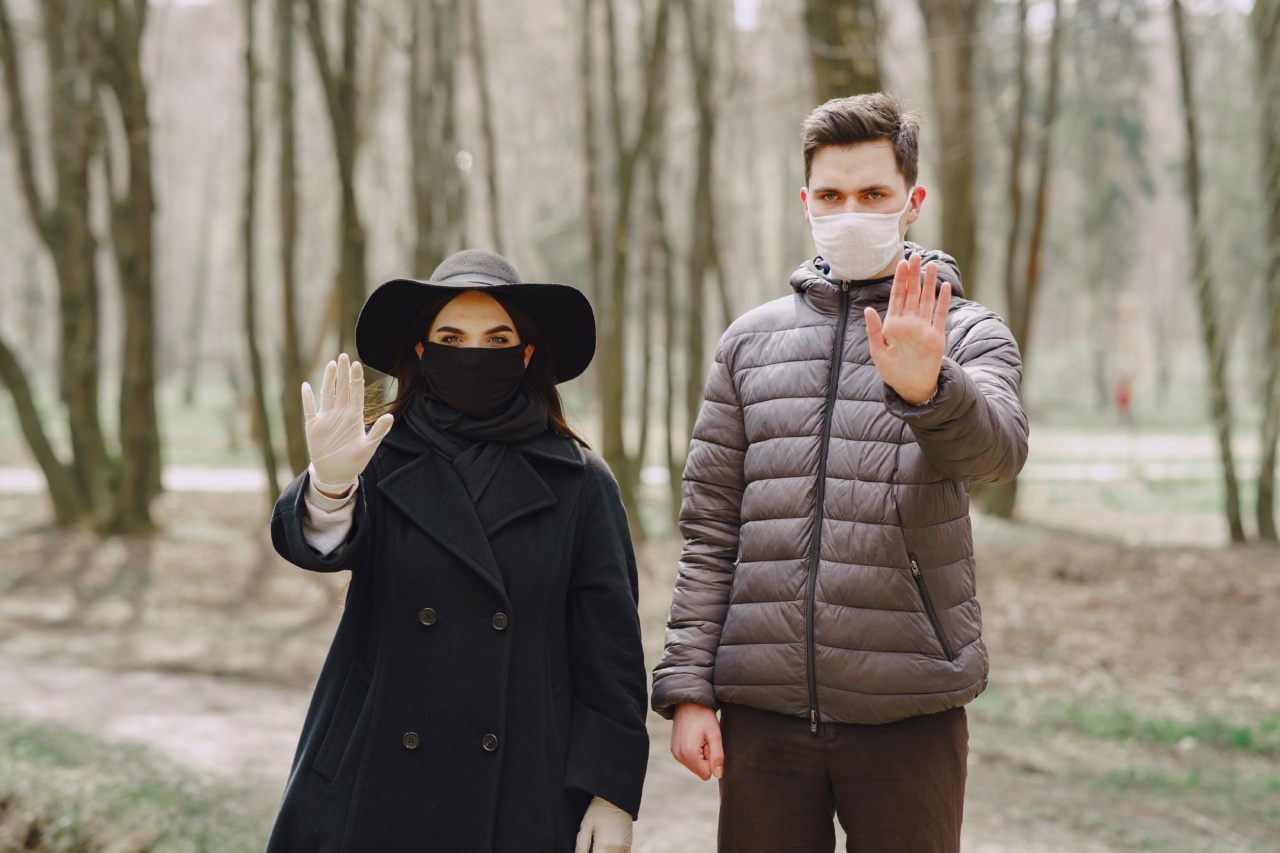Shingles, also known as herpes zoster, is a viral infection that is caused by the same virus responsible for chickenpox, the varicella-zoster virus. This infection can cause a painful rash, usually in the form of a stripe on one side of the body.
While shingles can affect anyone who has had chickenpox, it is most common in older adults and individuals with a weakened immune system. To protect against shingles, it is important to follow the guidelines provided by the Hellenic Infectious Disease Company (HIDC). This article will outline the recommended strategies for preventing shingles and discuss the importance of vaccination.
Understanding Shingles
Before delving into the prevention strategies, it is essential to understand the basics of shingles. The varicella-zoster virus, which remains dormant in the body after a chickenpox infection, can reactivate later in life and cause shingles.
The primary symptoms of shingles include a painful rash, itching, tingling, and in some cases, fever and headache. The rash usually develops into fluid-filled blisters that eventually scab over and heal. While the rash typically resolves within a few weeks, some individuals may experience long-lasting nerve pain, a condition called postherpetic neuralgia.
Guidelines for Shingles Prevention
To protect against shingles, the HIDC suggests the following guidelines:.
1. Vaccination
Vaccination is the most effective way to prevent shingles. The Hellenic Infectious Disease Company recommends the use of the shingles vaccine for individuals aged 50 years and older.
The vaccine reduces the risk of developing shingles and can also help lower the severity of symptoms in those who do get infected. It is essential to consult with a healthcare provider to determine the appropriate vaccination schedule.
2. Good Hygiene Practices
Practicing good hygiene can help reduce the risk of shingles. Regularly washing hands with soap and water, especially after coming into contact with individuals who have an active shingles rash, can prevent the spread of the varicella-zoster virus.
Avoiding close contact with individuals who have shingles, especially if they have a weakened immune system, is also crucial.
3. Boosting the Immune System
Maintaining a healthy immune system is important in preventing shingles. The HIDC recommends adopting a healthy lifestyle that includes regular exercise, a balanced diet, adequate sleep, and stress management.
Engaging in activities that promote overall well-being can help keep the immune system strong and reduce the risk of shingles.
4. Managing Stress
Stress has been linked to a higher risk of developing shingles. Therefore, it is essential to find healthy ways to manage stress. Engaging in relaxation techniques such as deep breathing exercises, meditation, or yoga can help reduce stress levels.
Additionally, engaging in hobbies, spending time with loved ones, and practicing self-care are important for maintaining overall mental well-being.
5. Early Detection and Treatment
Early detection and prompt treatment of shingles can help minimize complications and the severity of symptoms. If an individual experiences symptoms such as pain, tingling, or a rash, it is crucial to seek medical attention immediately.
Early treatment with antiviral medication can help shorten the duration of the infection and reduce the likelihood of complications.
6. Educating Others
Sharing knowledge about shingles and its prevention is vital in protecting individuals from the infection. It is important to educate family members, friends, and the community about the risks, symptoms, and preventive measures associated with shingles.
Encouraging others to follow the HIDC guidelines and get vaccinated can contribute to overall community well-being.
The Importance of Vaccination
Vaccination plays a pivotal role in preventing shingles. The HIDC emphasizes the importance of vaccination, especially for individuals aged 50 years and older.
The shingles vaccine is safe and effective, providing long-term protection against the infection. By getting vaccinated, individuals can reduce their chances of developing shingles and experiencing the associated pain and discomfort.
Conclusion
Shingles can be a painful and debilitating condition. However, by following the guidelines provided by the Hellenic Infectious Disease Company, individuals can protect themselves from this viral infection.
Vaccination, good hygiene practices, boosting the immune system, managing stress, early detection and treatment, and educating others are all crucial components of shingles prevention. By taking preventive measures and spreading awareness, we can work together to safeguard ourselves and our communities from the burden of shingles.





























